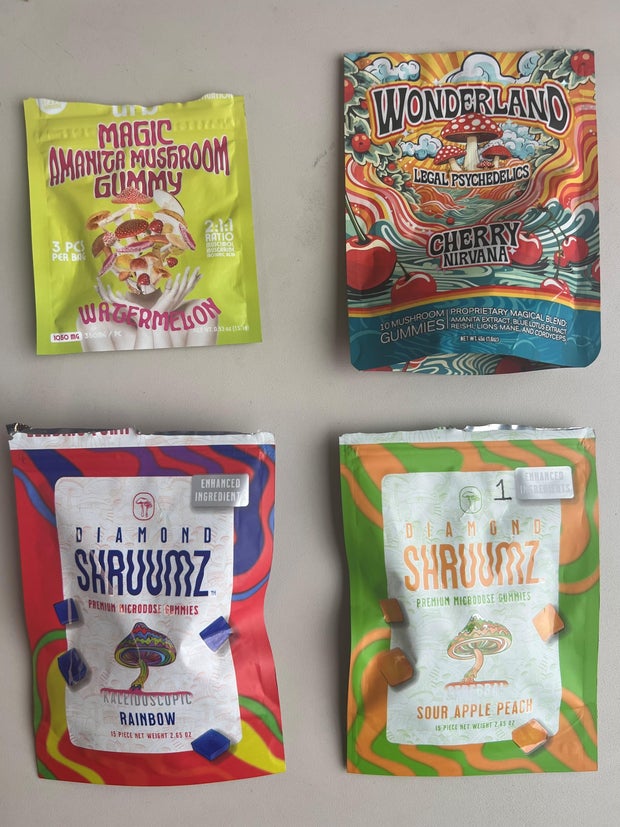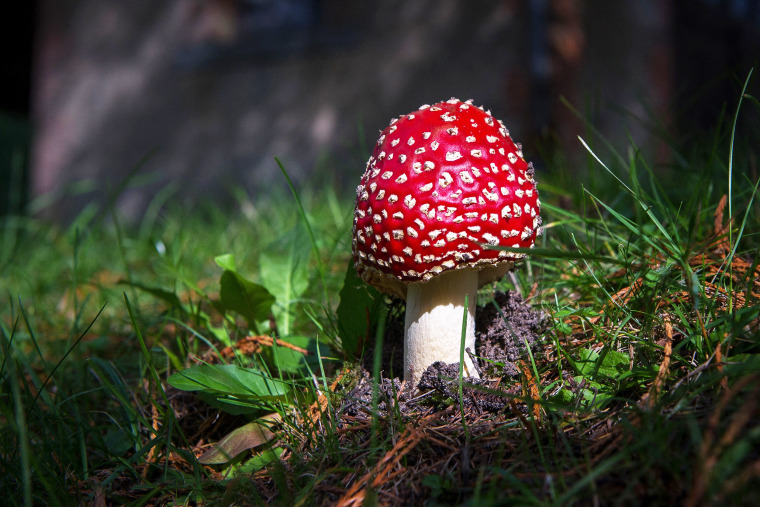
In recent news, the Food and Drug Administration (FDA) has launched an investigation into Diamond Shruumz brand microdosing edibles following reports of illnesses and hospitalizations across multiple states. The FDA warns consumers not to purchase or consume any Diamond Shruumz products due to potential health risks.
According to various sources, including the Miami Herald and CBS News, at least 69 people have fallen ill after consuming Diamond Shruumz gummies and chocolate bars. Symptoms include seizures, loss of consciousness, confusion, sleepiness, high and low blood pressure, abnormal heart rates, agitation, nausea and vomiting.
The FDA is currently monitoring the recall process initiated by Prophet Premium Blends, the parent company of Diamond Shruumz. The agency advises consumers to throw away or return any recalled products for a full refund.
Denver officials have confirmed that some Diamond Shruumz gummies contain psilocin, a hallucinogenic substance found in certain types of mushrooms and classified as a Schedule I controlled substance by the Drug Enforcement Administration (DEA). Consumers cannot rely on product labels to determine what they are consuming as no one is currently regulating these products.
The Centers for Disease Control and Prevention (CDC) reported five hospitalizations between September 2023 and June 2024 after people consumed gummies labeled to contain Amanita muscaria, a mushroom that can cause undesired symptoms but is legal. However, the presence of psilocin in Diamond Shruumz products raises concerns about their safety.
The FDA urges consumers to be cautious when purchasing edibles and to consult with healthcare professionals if they experience any adverse effects. The agency also encourages companies to ensure transparency regarding their ingredients and manufacturing processes.




